Keywords: Assessment
There are more than 200 results, only the first 200 are displayed here.
-

EDUCATION
- Ellena Savage
- 13 June 2014
11 Comments
Year 12 tertiary entrance exams: turning 17-year-olds into nervous wrecks since the 1830s. They divide the smart from the dumb, the hopefuls from the no-hopers, and, what it boils down to more often than not, the privately educated from the state educated. But what if there was another way, a way that properly acknowledged the impact high schools have on their students' access to university admission?
READ MORE 
-
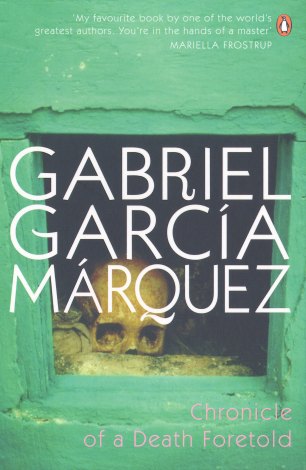
AUSTRALIA
- Fatima Measham
- 13 June 2014
5 Comments
As I take in the submissions presented to the Senate inquiry into the Manus Island riots, I am reminded of Gabriel Garcia Marquez' Chronicle of a Death Foretold. In it, nearly the entire town knew of Santiago Nasar's impending death; his assassins had made a point of divulging their intent to everyone they met over the course of the day. The prevailing impression from the Senate inquiry is one of similar inevitability and complicity.
READ MORE 
-

AUSTRALIA
- Frank Brennan
- 05 June 2014
29 Comments
Australia's cruel arrangement for asylum seekers arriving without a visa cannot be scrutinised by our courts and has never been approved by our Parliament. In the name of democracy, in the name of Australian self-respect, and in the name of human rights protection and the rule of law, it is time this arrangement was presented to our Parliament for its approval by our elected representatives or for immediate ditching. It's a disgrace.
READ MORE 
-
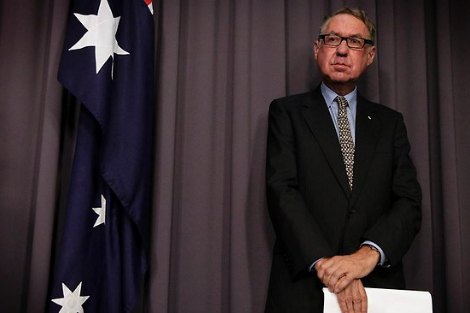
EDUCATION
- Dean Ashenden
- 28 May 2014
1 Comment
The Government doesn't want it. Shorten does. He can go to the next election with uncontested ownership of one of the most widely supported proposals of recent times. The problem with Gonski's plan, however, is that he wasn't allowed or able to propose solutions anywhere near as big as the problems his review uncovered. This presents Shorten with a tricky dilemma.
READ MORE 
-
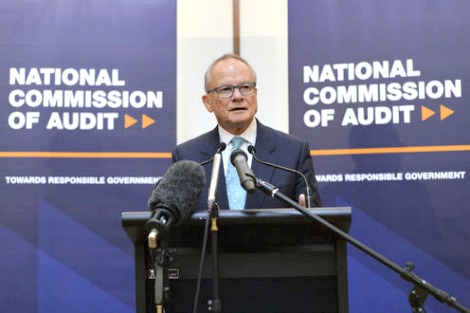
AUSTRALIA
- Michael Mullins
- 05 May 2014
17 Comments
The National Commission of Audit believes spending cuts that produce a balanced Budget will make us all better off because we will have a stronger economy and more jobs. But Pope Francis is skeptical about such 'trickle-down' economic theories, which express 'a crude and naive trust in the goodness of those wielding economic power'.
READ MORE 
-
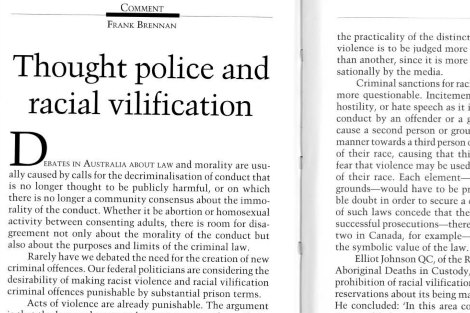
MEDIA
- Frank Brennan
- 11 April 2014
5 Comments
In 1994, a year before the Parliament enacted the present section 18C of the Racial Discrimination Act, I wrote in Eureka Street: 'At this time, in this part of the world, thought-police armed with criminal sanctions are not the answer' to racial discrimination. Senator Brandis has now circulated a proposal to amend the existing provisions. What he has produced is the racial hatred law you have when you don't want a racial hatred law.
READ MORE 
-

AUSTRALIA
- Frank Brennan
- 11 April 2014
1 Comment
'Whether or not we have a bill of rights, much of our human rights jurisprudence remains partial, failing to extend rights equally to all. Once we investigate much of the contemporary discussion about human rights, we find that often the intended recipients of rights do not include all human beings but only those with certain capacities or those who share sufficient common attributes with the decision makers. It is always at the edges that there is real work for human rights discourse to do.' Frank Brennan's Blackfriars Lecture
READ MORE
-
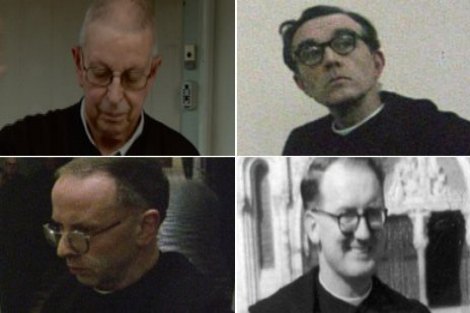
RELIGION
- Tim Wallace
- 03 April 2014
12 Comments
In 2004, two years into the Sydney Archdiocese's botched handling of a sexual abuse complaint against Fr Aidan Duggan, the executive director of the Church's National Committee for Professional Standards did something extraordinary: he inquired into whether Duggan, prior to joining the Archdiocese in 1974, had form. It is the only evidence of a Church official actively attempting to check Duggan's past — an attempt destined to fail.
READ MORE 